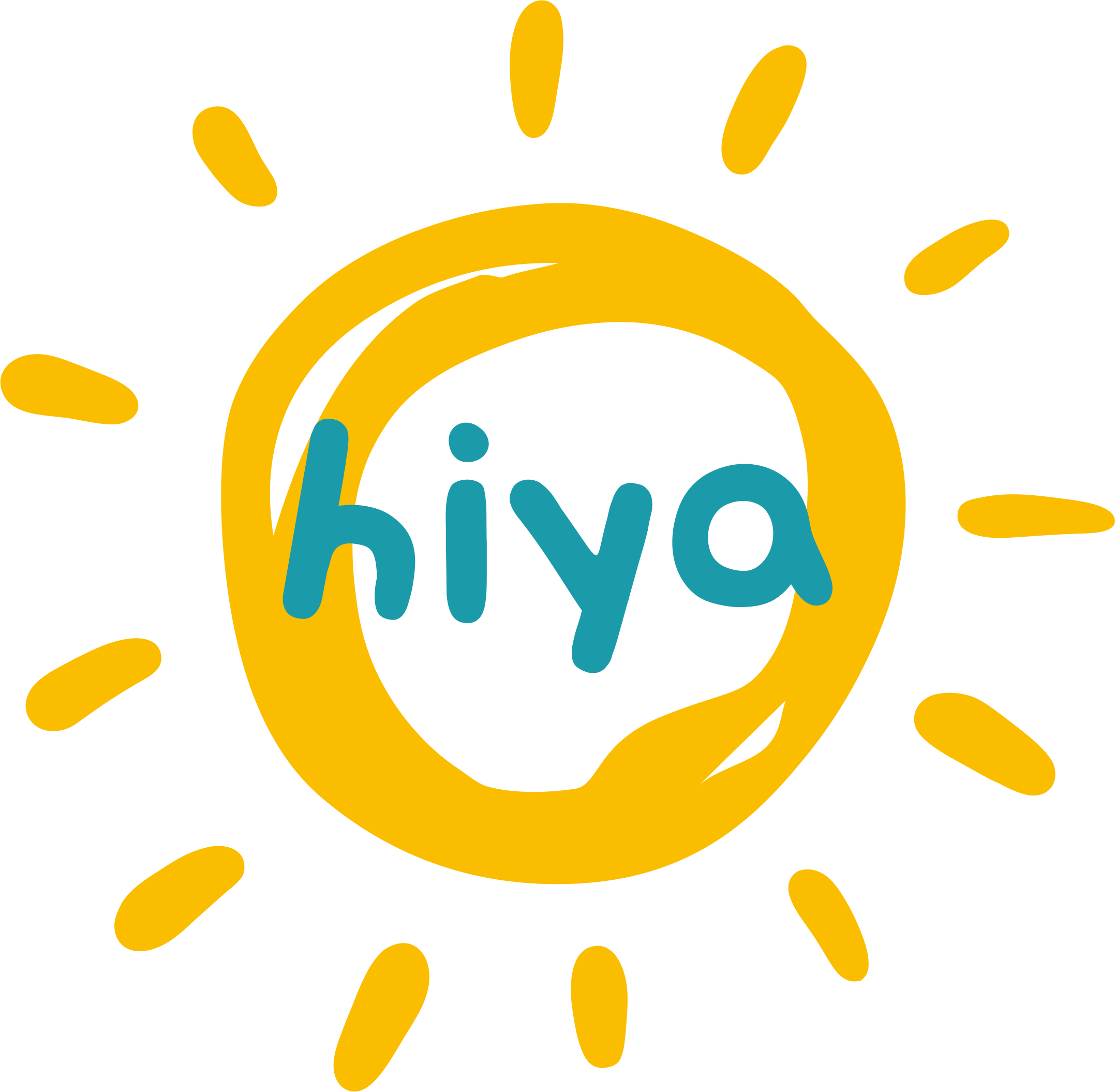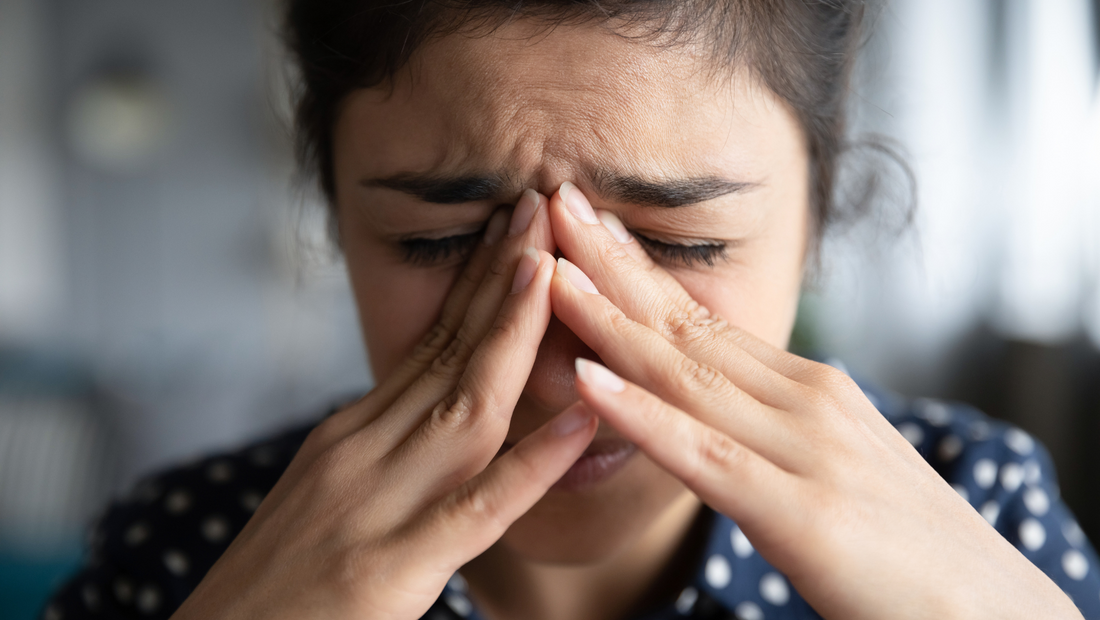Your happiness matters.
Studies in the field of positive psychology define happiness as a combination of emotions and experiences such as feeling pride, gratitude, joy, and enthusiasm.
When we feel disappointed or unhappy, it's difficult to think of kindness and chipper moments. All of your feelings - including sadness, anger, and frustration - are valid. It's equally as important to note that if you need someone to talk to there are resources available to you.
A few worth checking out are below:

7 Cups - provides 24/7 emotional support through two main services. Its free option allows anonymous connections with volunteer listeners in group chats for judgment-free conversations about your feelings. The paid service offers anytime messaging with a licensed therapist.
National Alliance on Mental Illness (NAMI) - is a U.S. advocacy group dedicated to aiding those affected by mental illness. It offers support groups, educational programs, and a helpline to provide information and support. NAMI's network ensures access to resources and promotes mental health awareness.
Substance Abuse and Mental Health Services Administration (SAMHSA) - is a U.S. agency focused on improving the nation's behavioral health. It aims to reduce the effects of substance abuse and mental illness through grants, resources, and promoting effective treatment programs.
National Institute of Mental Health (NIMH) is a U.S. agency for mental disorder research, part of the NIH. It focuses on understanding, treating, and preventing mental illnesses through research, public education, and funding priorities.
Mental Health America - is a community-based nonprofit dedicated to addressing the needs of those living with mental illness and promoting overall mental health. MHA provides tools, resources, and advocacy to support mental health and wellness at the national and local levels.
American Psychological Association (APA) - is a scientific and professional organization representing psychology in the United States. It seeks to advance the creation, communication, and application of psychological knowledge to benefit society and improve lives.
Teen Line (a helpline for teenagers in need of peer-to-peer advice.) Meet some of the teen volunteers, by clicking here. They're online every night from 6 p.m. to 10 p.m. PST by calling 1-310-855-HOPE.
Schools or college counseling centers - most universities and many high schools offer free counseling services to their students. Check with your school’s counseling center or student health services for more information.
Therapy Aid - is a nonprofit organization dedicated to providing accessible mental health services. It offers free or low-cost therapy to individuals in need, especially those affected by crisis or disaster.
Primary care doctors or pediatricians - serve as the first point of contact for health concerns, offering comprehensive medical care. They diagnose and treat a wide range of conditions, coordinate specialist care, and provide preventive health services.
Local Community Health Centers - many communities have local non-profit organizations that provide counseling and mental health services on a sliding scale (payment based on your ability to pay). Contact your local mental health association or visit your city or county’s government website.
Bliss by the Centre for Interactive Mental Health Solutions - is an online program designed to provide therapeutic tools to manage depression. It offers self-directed sessions that use cognitive behavioral therapy techniques to help improve mental health.
National Suicide Prevention Lifeline (1-800-273-TALK) - Provides 24/7, free and confidential support for people in distress, as well as prevention and crisis resources. Call 1-800-273-8255.
The Crisis Text Line - offers free, 24/7 crisis support via text. Text “HELLO” to 741741 in the U.S. or Canada.

What if I don’t know where to start to get mental health services?
Talk to your primary care doctor or another health professional about mental health problems. Ask them to connect you with the right mental health services. Remember to advocate for yourself. You know your needs best. Keep asking for help. You are not alone.
What if it’s an emergency?
The following Emergency Medical Services are available 24 hours a day.
911 – If the situation is life-threatening, get immediate emergency assistance by calling 911, available 24 hours a day.
988 – Suicide & Crisis Lifeline – If you or someone you know is suicidal or in emotional distress, contact the 988 Suicide & Crisis lifelines. Trained crisis workers are available to talk 24/7. Your confidential call goes to the nearest crisis center in the Lifeline National Network.
Crisis Text Line - Text HOME to 741741 to reach a volunteer Crisis Counselor.

